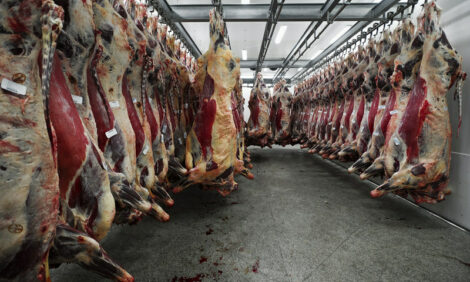



Japan Continues BSE Testing For all Cattle
JAPAN - Japan’s local authorities are continuing to voluntarily test for bovine spongiform encephalopathy (BSE) for all domestic cattle under 21 months of age, citing consumers’ lingering concerns on safety – this move comes despite the government funding ending in July.
Meanwhile, analysts at Meat and Livestock Australia say that a recent consumer survey has revealed that 46% of respondents agreed with the testing for only cattle over 21 months, once provided with scientific explanations.
Following the BSE outbreak in 2001, the Japanese government immediately implemented BSE testing for all slaughtered cattle of all ages. By September 2005, the mandatory test requirement eased from all ages to above 21 months of age, after Japan’s Food Safety Commission’s BSE risk assessment.
However, prefecture councils protested against the change, resulting in voluntary testing to be continued for cattle under 21 months, with funds for test kits provided by the Japanese government. This provisional support by the government ended last month, leaving the local authorities to self fund the tests for cattle under 21 months.
Meanwhile, Mitsubishi Research Institute released a consumer survey on BSE, noting the limited understanding of BSE risk among Japanese consumers. The report also outlined that consumers are more likely to listen to information from people or organisations that consider the food safety foremost, such as consumer associations or independent researchers/academics, MLA says.
TheCattleSite News Desk


